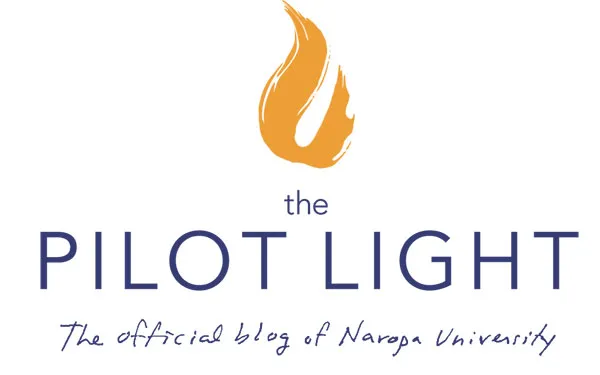Located in Boulder, Colorado, Naropa University is a private, liberal arts university offering undergraduate and graduate degree programs in the arts, early childhood education, environmental studies, peace studies, psychology, religious studies, and more.
Naropa is not your average university. Founded in 1974 by a Tibetan Buddhist monk, Naropa is a leader in the contemplative education movement, a teaching and learning approach that integrates Eastern wisdom studies and traditional Western scholarship.
In no particular order, here are 10 of our most unique courses:
1. Socially Engaged Spirituality
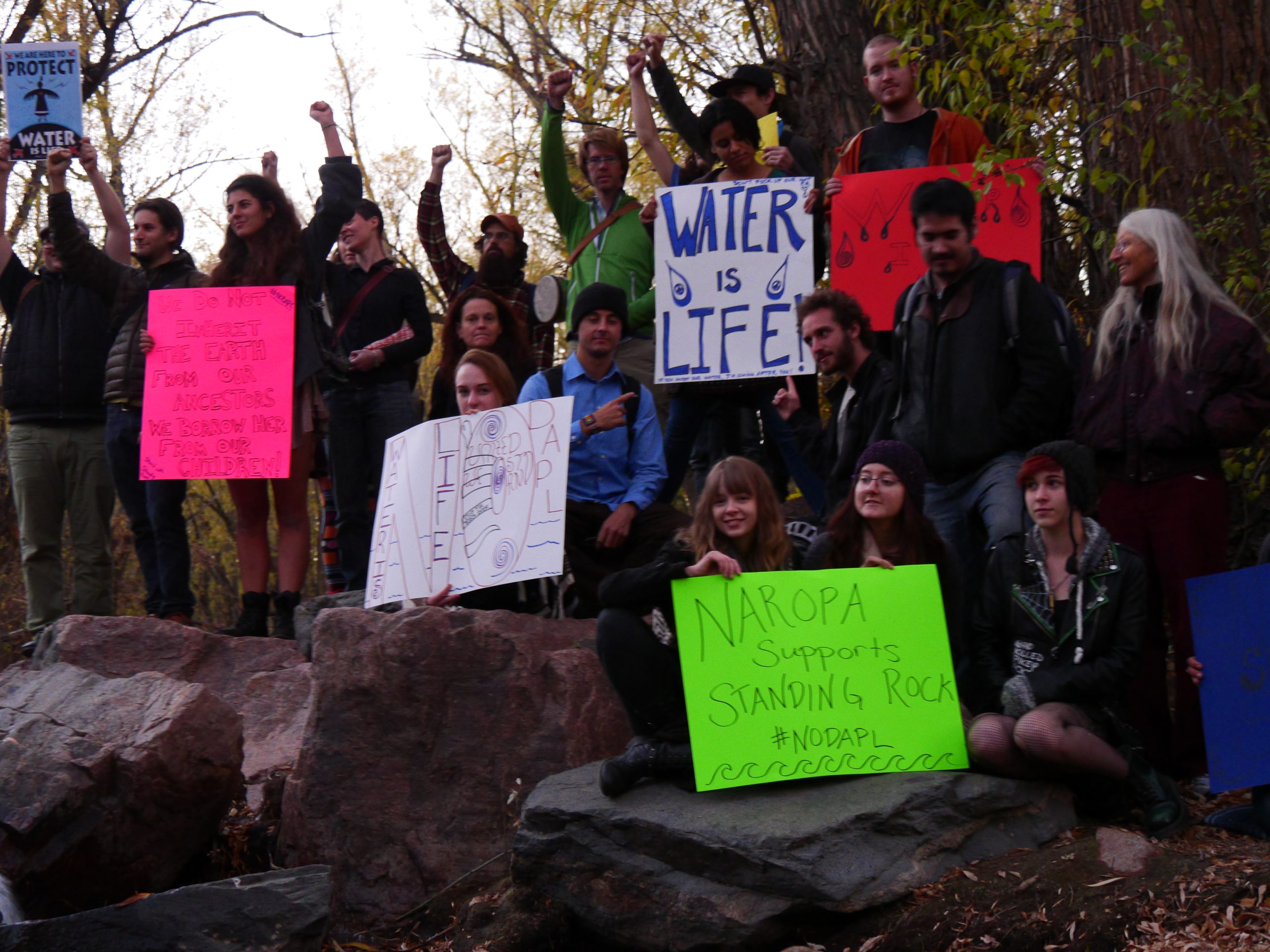
This course is a study of varied traditions and ways of articulating socially engaged spirituality from historical and contemporary perspectives. The lives and work of Gandhi and King are used as reference points, and examples from around the globe engage students in understanding the dynamics of socially engaged spirituality in different settings and in their own lives. As they investigate the relationship between personal and social transformation, students develop a personal dialogue with selected peacemakers and justice seekers. Assignments encourage students to clarify their own ethical principles and commitments, deepening the inquiry through shared exploration. Source material may range from autobiography and biography to literary texts and film. Methods include individual and group contemplative practices, community-based fieldwork, and creative expression.
2. Eco-Art
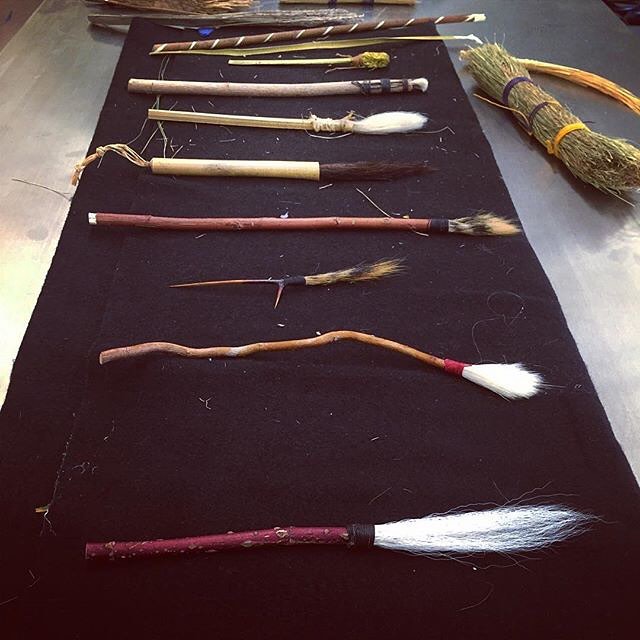
Eco-Art explores ecological and environmentally related art. The course involves studio work utilizing recycled and natural materials, with a mixed-media emphasis. Students learn how to source art materials directly, attend slide lectures with guest artists, and go on trips to see, discuss, and reflect on eco-arts.
3. Yoga and the Chakras
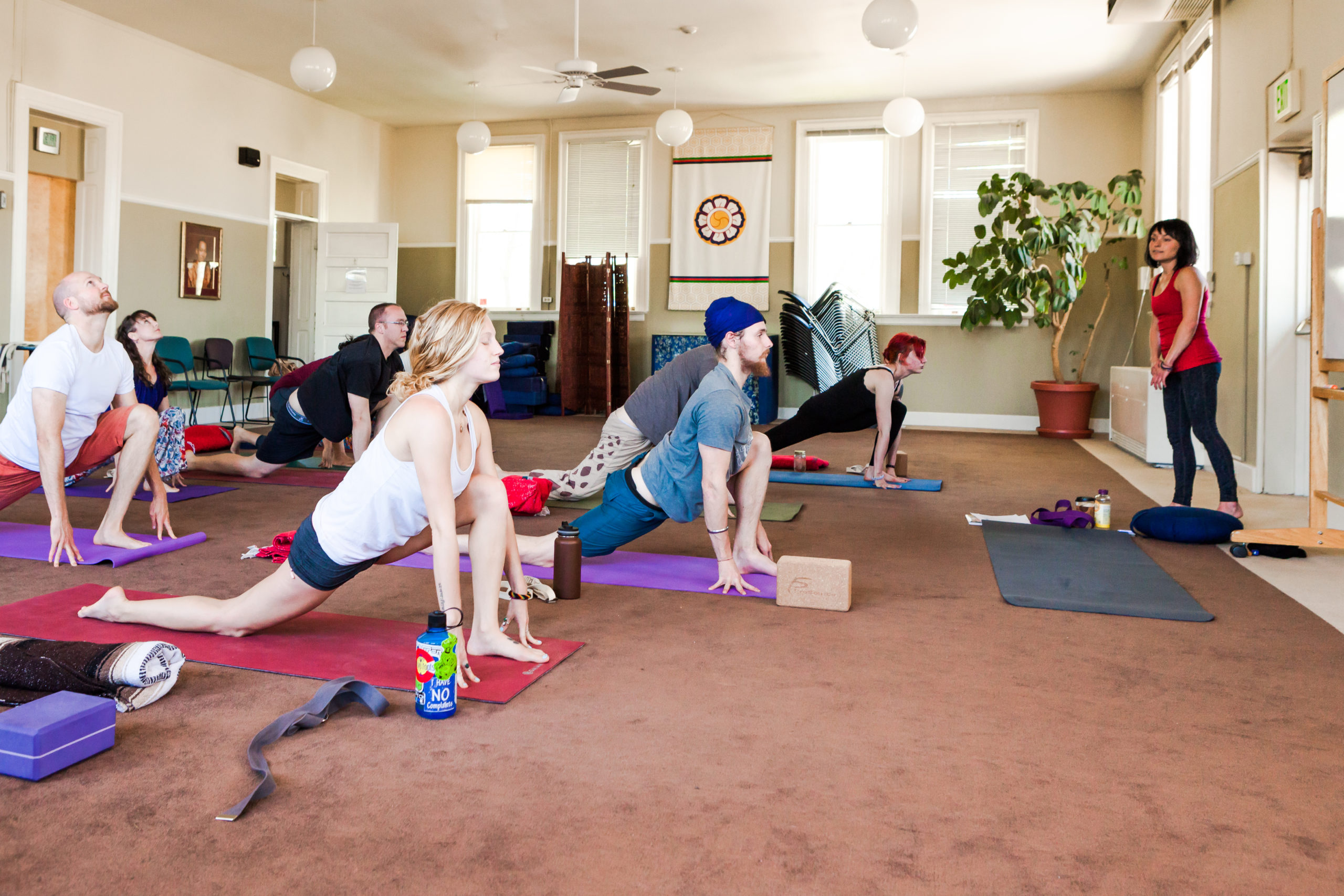
In this class, students begin working with the psychology of the chakras (inner energy vortices). Chakras are explored from both a personal and transpersonal perspective, through the practices of asana, pranayama, meditation, and a variety of psychological approaches. This class continues the study of yoga’s rich literature and philosophy. A regular home practice is required. Naropa’s Yoga Degree is a great option for students interested in this practice.
4. Ecopsychology: Transpersonal Perspectives
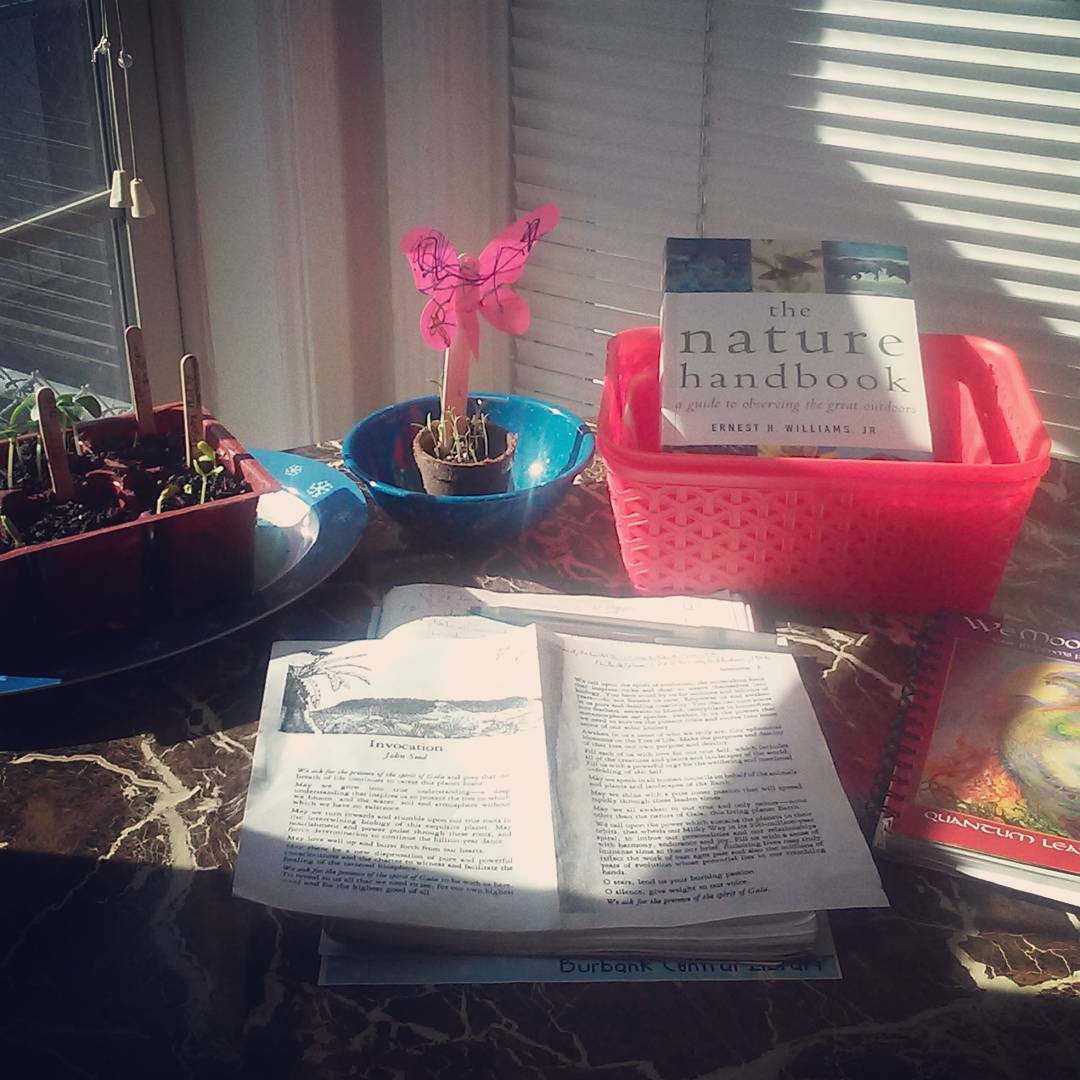
The ecopsychology degree examines transpersonal psychology in the field of ecopsychology. This involves an exploration of the major themes of ecopsychology including the human/nature relationship; disconnection from the natural world; practices for reestablishing and deepening our connection with the natural world; and eco-therapy. Students are exposed to diverse perspectives in the field and are asked to develop and articulate their own point of view.
5. Outdoor Skills II: Horticulture, River, and Rites of Passage
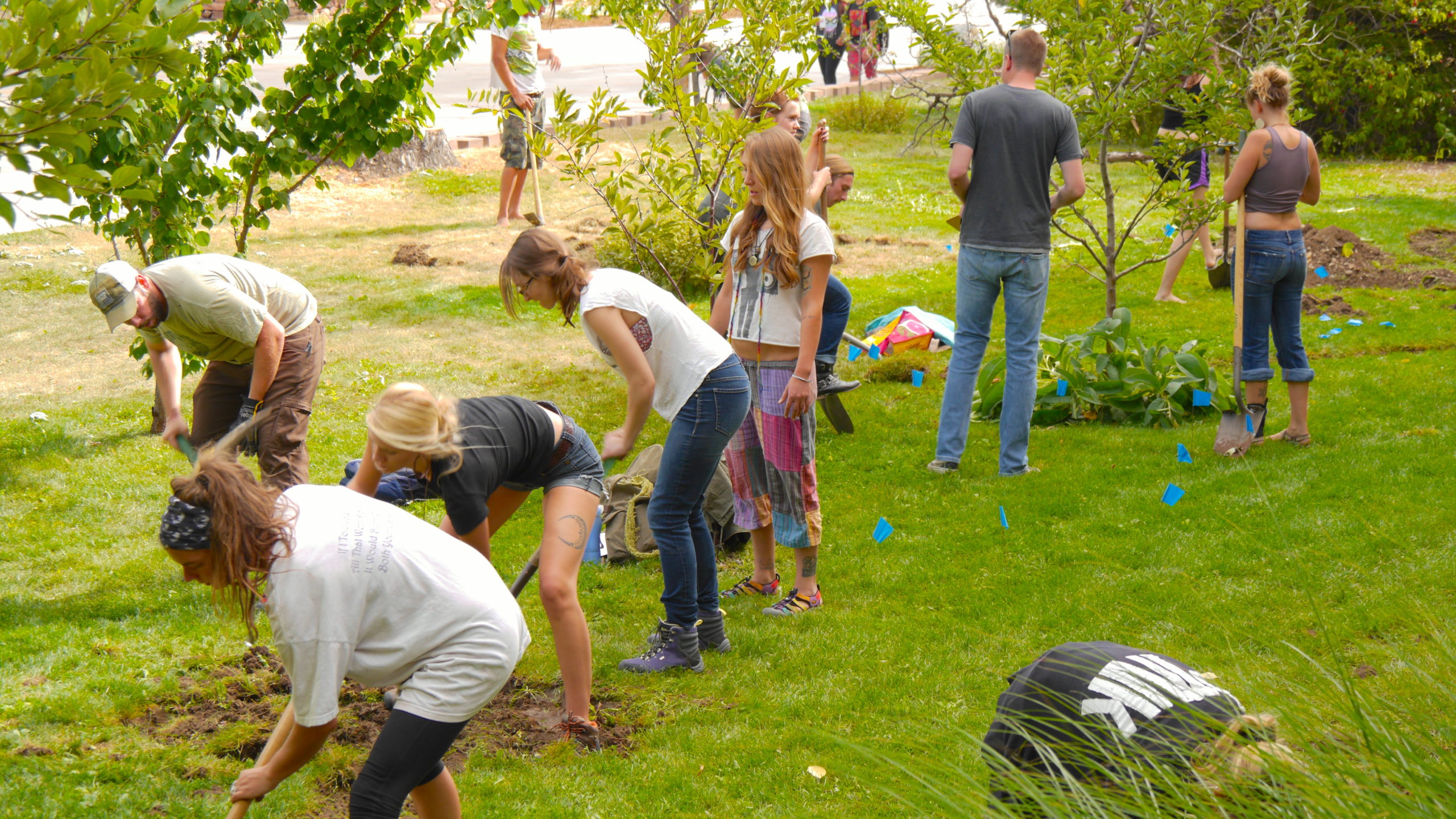
In this yearlong class, students learn to hone outdoor skills associated with specific settings. This includes physical and emotional safety; risk management; technical skills applicable to the setting; equipment use and maintenance; planning and organization; and travel and living within the setting. Additional focus is placed on trip planning for specific therapeutic populations.
6. Making Conscious Media
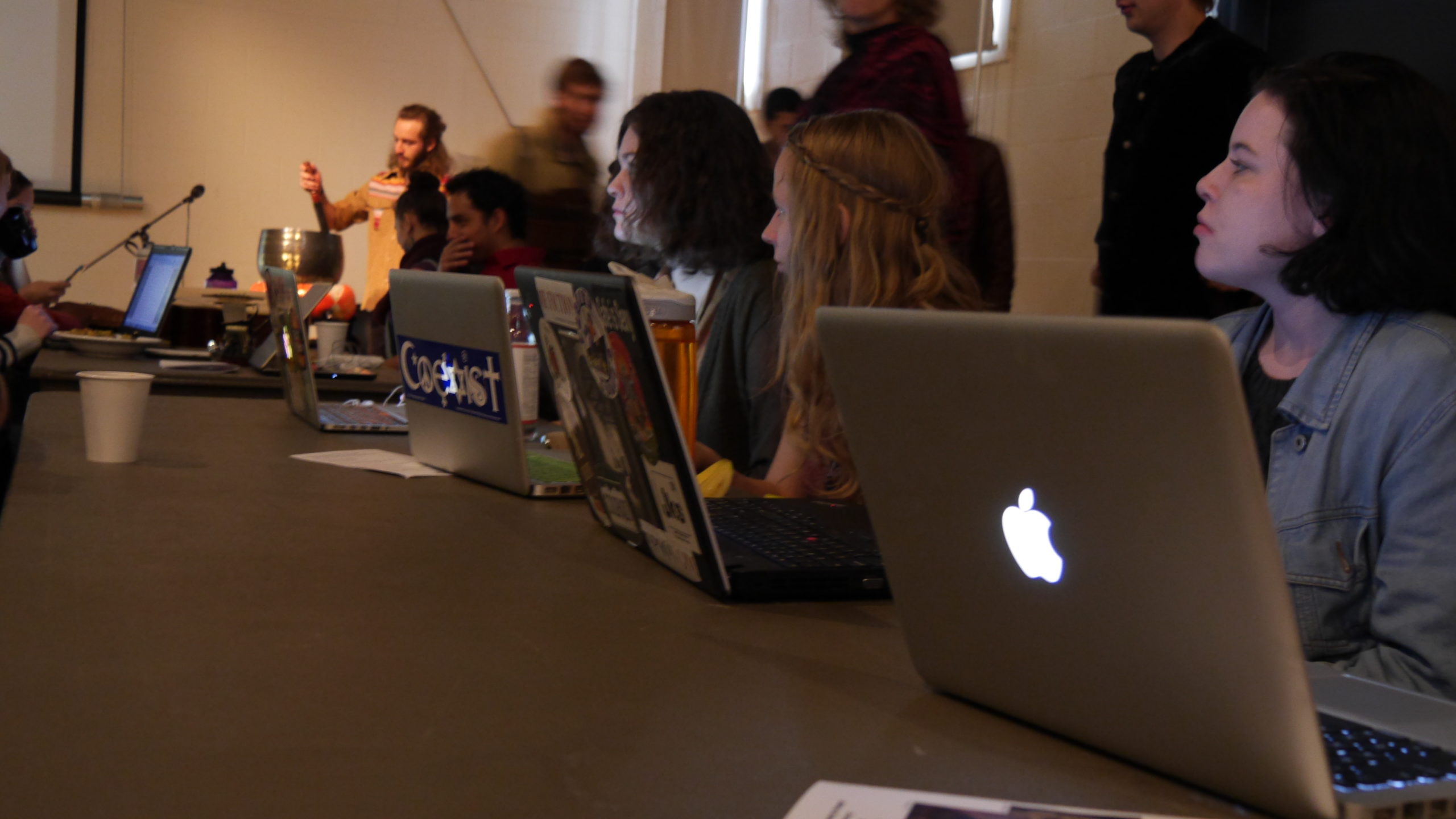
Photo by David DeVine
This course offers an exploration of creative cinema through short production and post-production projects. The course focuses on tactics and strategies of independent cinema production, leading to the completion of a final project in either documentary, experimental, or narrative genres. Students are asked to work with and create material that is socially provocative, artistically bold, or infused with content that reflects a consciously-grounded exploration of the human condition.
7. Physical Geography: Beholding the Body of the Earth
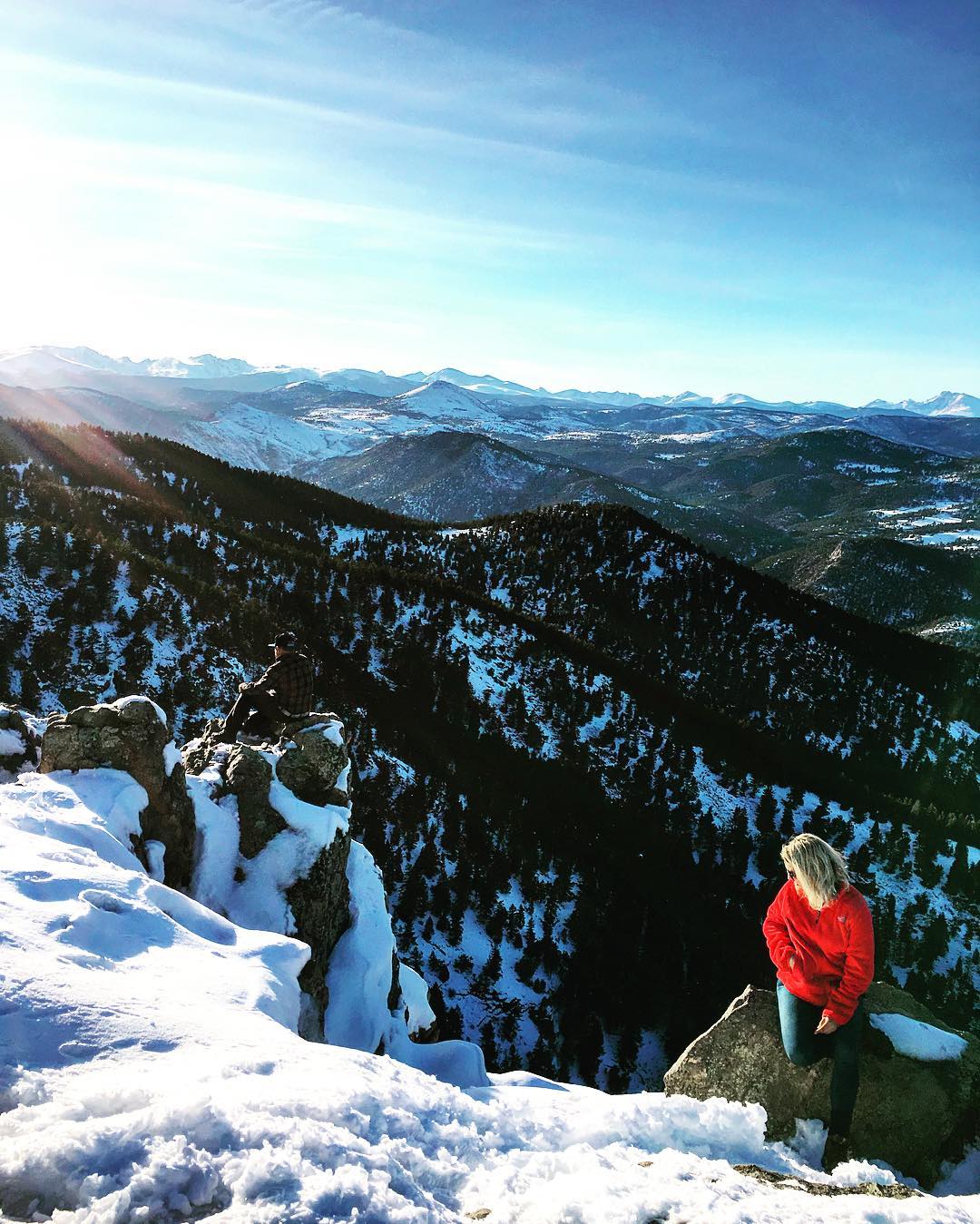
Deepening our natural understanding of the earth as a living system, this course explores Gaia Theory and the new cosmology of the earth that is emerging in science. Within this framework, we explore the formation of the earth – geomorphology and geophysiology – or one could say the “digestion,” “circulatory,” and other systems of Gaia. This new vision in Western science can reawaken understanding and reconfirm our commitment and reciprocity with the earth.
8. Producing Music with Ableton Live

Using Ableton Live’s audio and MIDI sequencing software, students learn the basics of musical production for the studio and live performance. Through the software’s intuitive design, students explore digital synthesis, sampling, sequencing, beat-matching, MIDI recording and editing, and an extensive array of audio effects: compression; limiting; distortion; etc. In turn, students learn to recognize and utilize the production and compositional techniques used in the musical styles of their choosing. By the end of the course, students will have a broad range of understanding and skills applicable to any number of musical worlds: EDM; ambient electronica; R&B; DJ’ing; pop; film scoring; sound design; sound installation; and more.
9. Somatic Intelligence: The Neuroscience of Our Body-Mind Connection
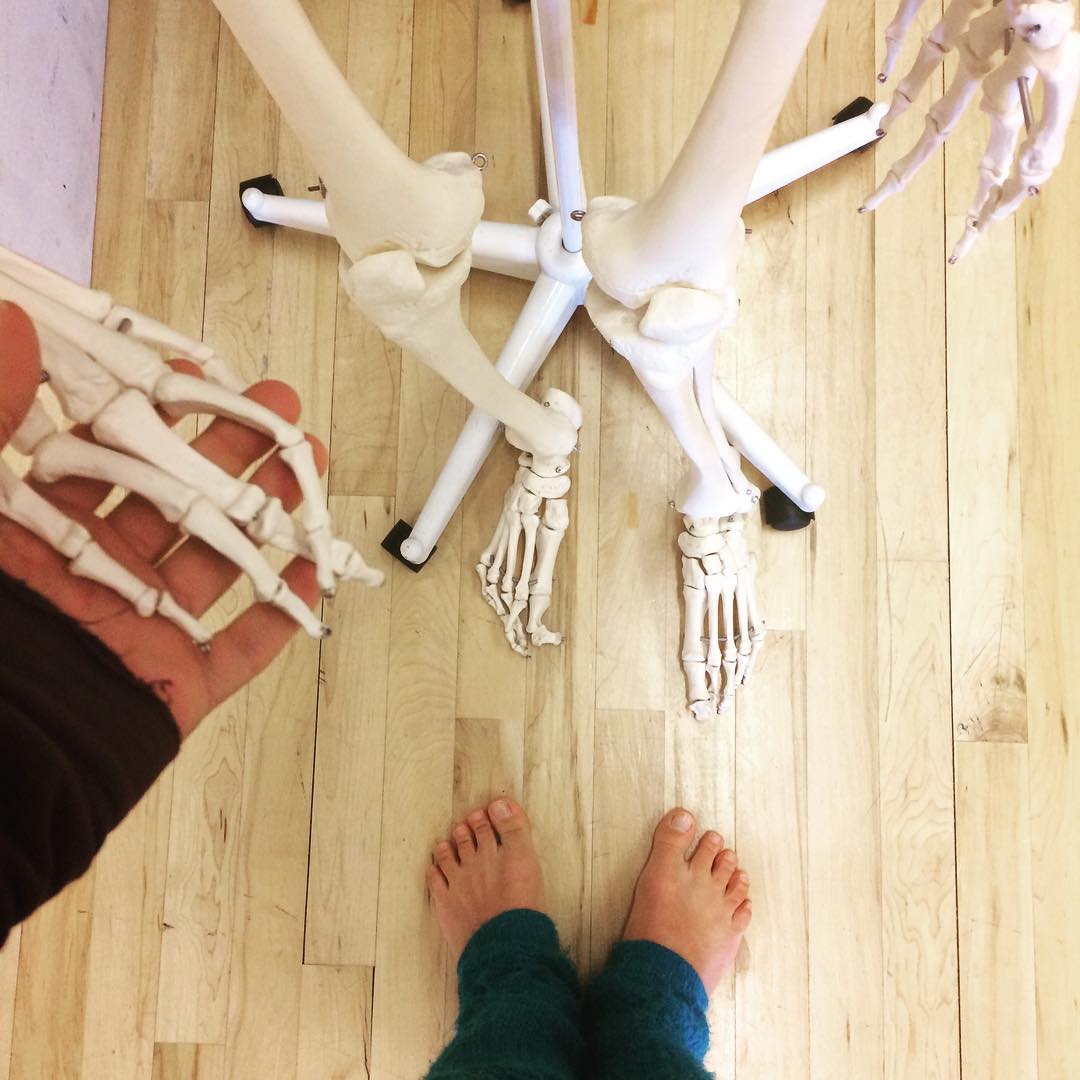
An introduction to somatic psychology, this course presents a theoretical study of the body-mind continuum. The importance of emotions, movement, perception, and the nature of illness and healing are illustrated by recent scientific theories and findings. By studying how our bodies and psyches weave together, we become aware of their interdependence and can construct more effective therapeutic experiences like body psychotherapy training – both for ourselves and for others. Students learn the fundamental principles of the somatic psychology field and explore, in depth, their relationship with advanced developmental psychology theories.
10. Dynamics of Intimate Relationships

An exploration of multiple approaches to intimate relationship from schools of thought such as feminist psychology, social psychology, attachment theory, counseling psychology, Buddhist and transpersonal psychology, sociology, queer theory, and multicultural and scientific research. Issues discussed include attraction, communication, neurobiology of love, relationship as spiritual path, attachment and family of origin, cultural influences, relationship dysfunction, relationship violence, gender, and sexuality. Through the synthesis of contemplative introspection, critical thinking, and the research and theories explored in class, students will develop their own theories of relationship.
Did we miss your favorite Naropa course? Let us know in the comments!
